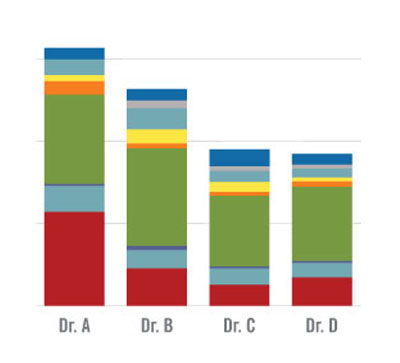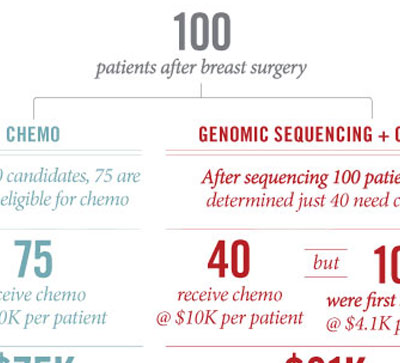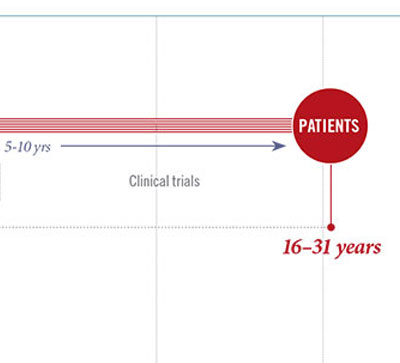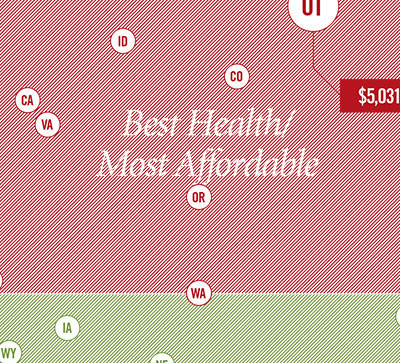Is it worth it? Linking Outcomes with Costs
Is it worth it? When it comes to health care, that is not a question we ask as a nation. When we do, the answer has been a resounding “yes.” The moral impulse to save a life, regardless of the costs or consequences, is instinctual. Our gut instinct has been that it is worth it, no matter what.
With rising insurance premiums and co-pays, the American public is becoming more cost-aware, if not cost-conscious. “Patients aren’t asking how much tests and treatments cost,” says Chief Medical Information Officer Michael Strong, M.D. “But they are questioning if they’re necessary.” Chief of Pediatric Surgery Eric Scaife, M.D., was curious about how patient families would respond to pricing information. He chose a procedure – pediatric appendectomy – with two surgical approaches that produced the same outcome and gave parents a choice between an “open” operation or the more expensive laparoscopy. When outcomes were the same, parents were almost twice as likely to choose the open procedure.
Often the calculus is more complicated. Take a breast cancer patient deciding whether to undergo chemotherapy. Through sequencing of tumors, oncologists can better predict which cancers will respond to chemo, sparing some patients the cost and negative outcomes associated with toxic side effects. But sequencing isn’t cheap. “When we’re developing new drugs or technology or when we’re choosing between treatments, we have to be able to weigh its costs against its potential benefit for patients,” says Pharmacotherapy Chair Diana Brixner, Ph.D., R.Ph. Her research team looked at the electronic health records of thousands of breast cancer patients, using a new tool called WartHog (see page 30) that searched text notes to ensure they were comparing patients at similar stages of disease. They analyzed the effectiveness of different chemo drugs, identified patients who faced the decision of whether to proceed with chemo, and then modeled the costs of different treatment options (see infographic).
As the executive director of the Pharmacotherapy Outcomes Research Center, Brixner is bringing even more data sources together to build a breast cancer dashboard to be used at the point of care. The dashboard, which will either be an app or integrated into the EHR, will describe the treatment choices and subsequent outcomes of similar patients to help people make decisions. “We’re pulling it all together, and it’s at this nexus where some surprising answers to the question of value can be found.




